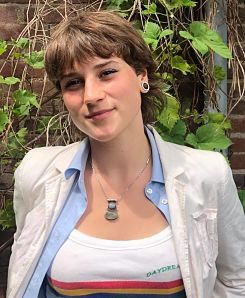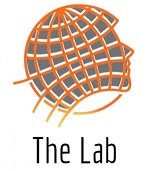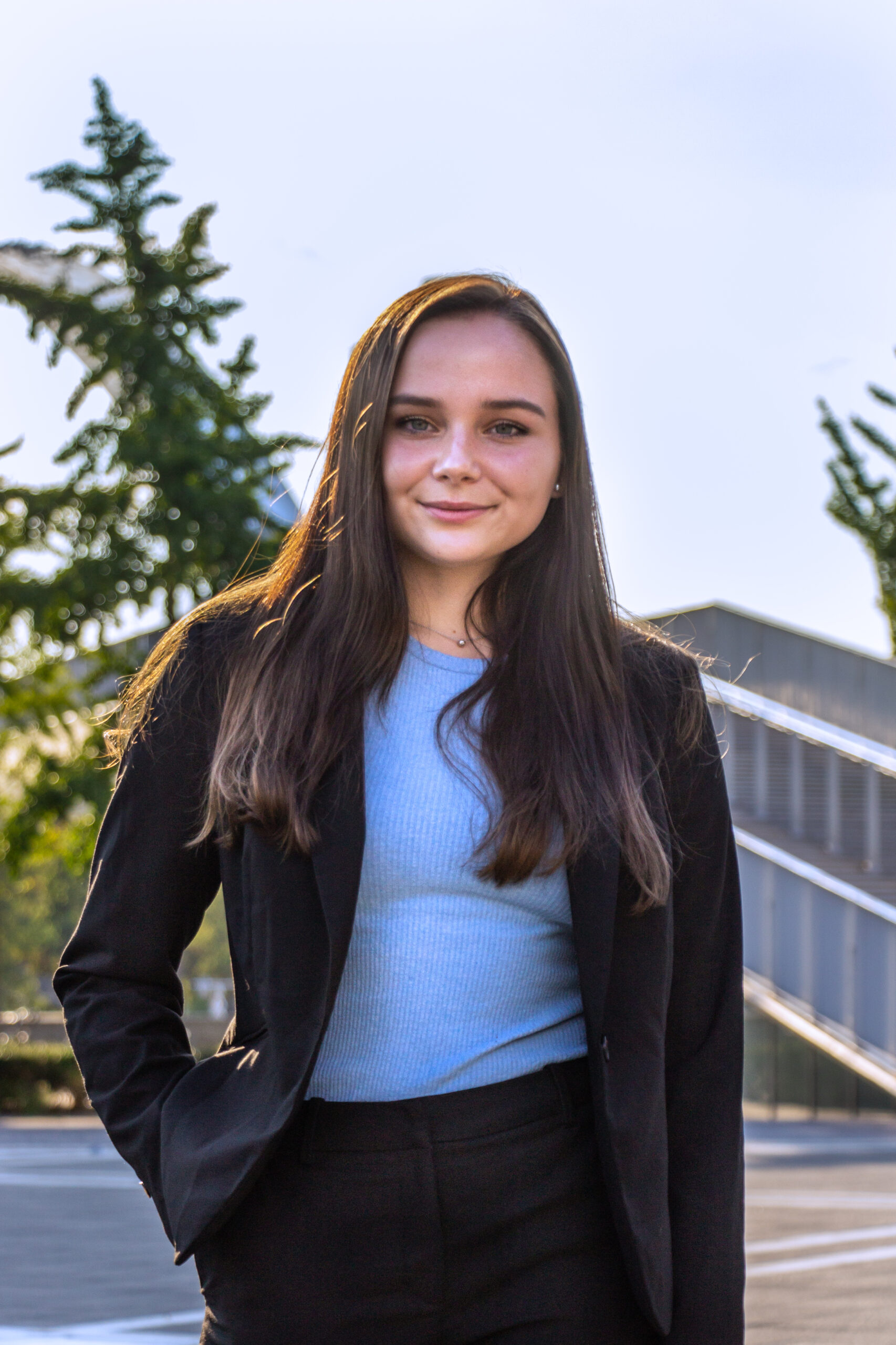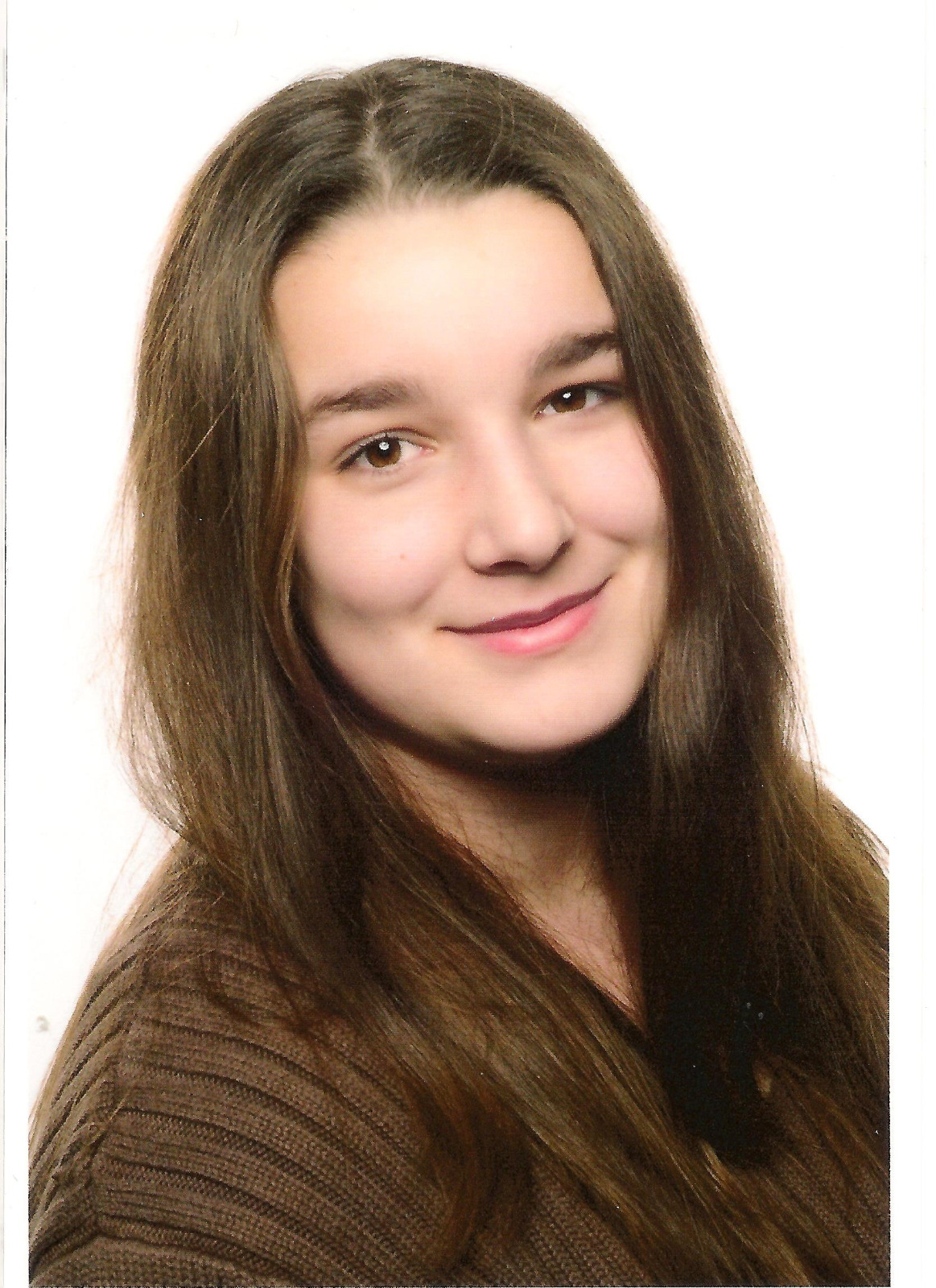MaRBLe (Maastricht Research Based Learning) is a university-wide initiative that allows ambitious students to conduct their own independent academic research on a wide variety of topics under the guidance of a senior researcher at different faculties of the university.
Title: Homa Reto: Geospatial Indexing for International Development Actors
Short Description: A growing number of scientific literature in the international development field points out that sustainable progress is most likely to be achieved through active ownership and bottom-up involvement of local actors, as well as underrepresented actors in governance of pressing and prioritized problems. While “localisation” carries a risk of growing into another buzzword under various frameworks e.g. the Sendai Framework and Grand Bargain Agreement, still many community actors that provide vital resources, know-how and grassroots projects to this end, remain invisible to the governments and humanitarian organizations. To bridge this disconnectivity between local and global actors, it is relevant to create open, accessible, transparent and secure data, information and knowledge platforms on local needs, capacities, capabilities, and networks for participatory global risk governance among local citizens and local and int’l experts. To increase the effectiveness of GRID3 (Geo-Referenced Infrastructure and Demographic Data for Development) in mapping out relevant community organizations in disaster risk management context, Homa Reto (The Human Network) offers a geospatial referencing app that aims at encouraging data-critical and evidence-based development aid and humanitarian decision-making and monitoring & evaluation processes. Then, the main starting research question is: How could open source data collection, sharing, and mapping contribute to data-critical indexing and glocalisation of disaster risk management ?
Supervisor: Dr. Serdar Türkeli
Lead Facilitator: Elaine Donderer (UCM)
 Elaine Donderer studies at the Faculty of Liberal Arts and Sciences at Maastricht University. The interdisciplinary nature of her studies paves the way for a career as a disaster risk specialist working in climate adaptation with a specific focus on climate change-related hazards and urban agglomerations. She holds a scholarship at the German Academic Scholarship Foundation and has worked with numerous regional and international organizations on the realization of the Sustainable Development Goals. Her concentration evolved from early engagement with plastic pollution mitigation projects in Ghana and her ongoing involvement with climate action NGOs in Maastricht and New York. Her expertise includes public speaking, supervision of working groups, coordination and communication of organizational conduct, as well as diplomatic conflict resolution and mediation. Furthermore, under the supervision of Maria Klara Kuss, she conducted academic research on the politics of social protection programs and climate resilience across Africa and Peru for the research excellence program of UNU-Merit. As a Lead Facilitator and Initiator of the ‘Homa Reto’ platform, Ms. Donderer continues to promote innovation and bridge disciplines to empower local communities and democratize sustainable development for long-term disaster resilience.
Elaine Donderer studies at the Faculty of Liberal Arts and Sciences at Maastricht University. The interdisciplinary nature of her studies paves the way for a career as a disaster risk specialist working in climate adaptation with a specific focus on climate change-related hazards and urban agglomerations. She holds a scholarship at the German Academic Scholarship Foundation and has worked with numerous regional and international organizations on the realization of the Sustainable Development Goals. Her concentration evolved from early engagement with plastic pollution mitigation projects in Ghana and her ongoing involvement with climate action NGOs in Maastricht and New York. Her expertise includes public speaking, supervision of working groups, coordination and communication of organizational conduct, as well as diplomatic conflict resolution and mediation. Furthermore, under the supervision of Maria Klara Kuss, she conducted academic research on the politics of social protection programs and climate resilience across Africa and Peru for the research excellence program of UNU-Merit. As a Lead Facilitator and Initiator of the ‘Homa Reto’ platform, Ms. Donderer continues to promote innovation and bridge disciplines to empower local communities and democratize sustainable development for long-term disaster resilience.
Participants:
Noa Zogo Ayissi is currently enrolled as an undergraduate student at the University College Maastricht. After growing up in the Lower Rhine region in Germany and finishing his secondary school education there, he moved to the Netherlands for his studies. Here, he pursues a Liberal Arts & Sciences degree where he focuses on development, business economics, innovation management and policy. As a highly active and engaged student, he pursues many activities and positions in his extracurricular time. Next to being on the board of his University College’s study association, he is also a member of the Ambassador Lectures Project and Maastricht’s African-Caribbean Association, where he organizes cultivating academic activities for the student community. Growing up bilingually in a French-Cameroonian family, he has developed an innate passion for foreign languages and cultures of which he explores new ones every day. In his free time, one might catch him starting a new language course on Duolingo, trying out a new recipe or exercising at his local gym.
Isabella Krause is half German and half Argentinian. She was born in New York City and grew up in Pretoria, Bangkok, and Vienna. She is currently a 2nd year student at University College Maastricht, where she primarily focuses on Data Science related courses. She has taken courses in Mathematics & Statistics, Programming & Computer science, and Law & Philosophy. Furthermore, She completed a Kode with Klossy camp, which aims to diversify the tech industry by providing scholarships to girls and non binary people to learn code. In addition, She is heavily involved with the United Nations Student Association Maastricht, and She leads the Development Committee, where their primary work is to promote the SDGs. She is passionate about sustainable development and data driven decisions, and hopes to enter the field of development from a data scientist angle.
Ulrike Krüger while born and raised in Germany, fostered her international mindset during her time abroad in the US and her gap-year in Japan. This mindset brought her to study at Maastricht University’s Liberal Arts and Sciences Program (UCM), where she is currently enrolled in the second year of her Bachelor’s degree. While her main focus at UCM is the study of Psychology and Law, she is also interested in humanitarian development and global issues. She is therefore looking forward to contributing to a project that is broader than just her studies and to widening her horizon beyond her primary subjects.
Selected References
Agenda for Humanity (2016). World Humanitarian Summit. Retrieved from https://agendaforhumanity.org/summit.html
Al Achkar, Z. (2016). Data preparedness: connecting data, decision-making and humanitarian response. Signal Program Standards and Ethics Series, 1. Retrieved from https://hhi.harvard.edu/publications/data-preparedness-connecting-data-decision-making-and-humanitarian-response
Borrás, S. (2012). Three tensions in the governance of science and technology. The Oxford handbook of governance.
Chambers, R. (2006). Participatory mapping and geographic information systems: whose map? Who is empowered and who disempowered? Who gains and who loses?. The Electronic Journal of Information Systems in Developing Countries, 25(1), 1-11. Doi: 10.1002/j.1681-4835.2006.tb00163.x
Crampton, J. W., & Krygier, J. (2018). An introduction to critical cartography. International E-Journal for Critical Geographies, 4(1), 11-33. Retrieved from https://beu.extension.unicen.edu.ar/xmlui/bitstream/handle/123456789/359/Crampton%20y%20Krygier_An%20introduction%20to%20Critical%20Carography.pdf?sequence=1
Foresman, J. & UNEP (2002). My Community Our Earth: A Student Project Guide to Sustainable Development and Geography. Chapter 5: GIS for Beginners.
Kim, A. M. (2015). Critical cartography 2.0: From “participatory mapping” to authored visualizations of power and people. Landscape and Urban Planning, 142, 215-225. Doi: 10.1016/j.landurbplan.2015.07.012
OCHA (2019). Data responsibility guidelines (Working draft). Retrieved from https://data.humdata.org/dataset/2048a947-5714-4220-905b-e662cbcd14c8/resource/c7053042-fd68-44c7-ae24-a57890a48235/download/ocha-dr-guidelines-working-draft-032019.pdf
PPGIS (2010). Dr. Robert Chambers elaborates on Participatory GIS (PGIS) practice. https://www.youtube.com/watch?v=awL1Hpy7spA
Solís, P., McCusker, B., Menkiti, N., Cowan, N., & Blevins, C. (2018). Engaging global youth in participatory spatial data creation for the UN sustainable development goals: The case of open mapping for malaria prevention. Applied Geography, 98, 143-155. Doi: 10.1016/j.apgeog.2018.07.013






